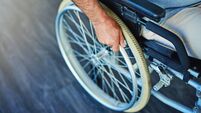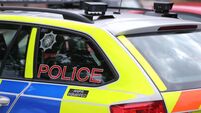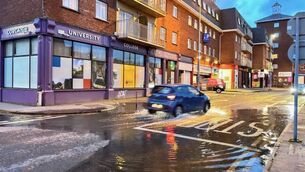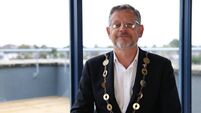VIDEO: Hotlines for dirty needle collections to be established

The initiative is being coordinated by the HSE’s Drug & Alcohol Task Force, which is also planning to distribute “drug litter information leaflets” to schools, businesses, and community organisations.
It is estimated that there are up to 500 heroin addicts in Cork City and county. More than 100 of them are not getting treatment and are not involved in needle-exchange programmes.













